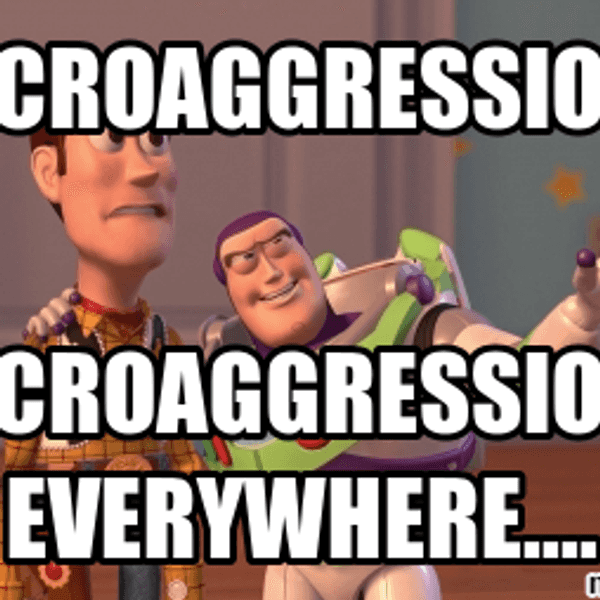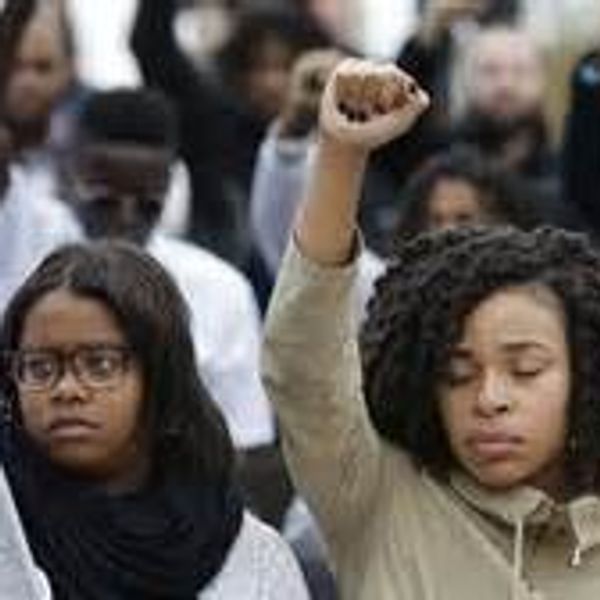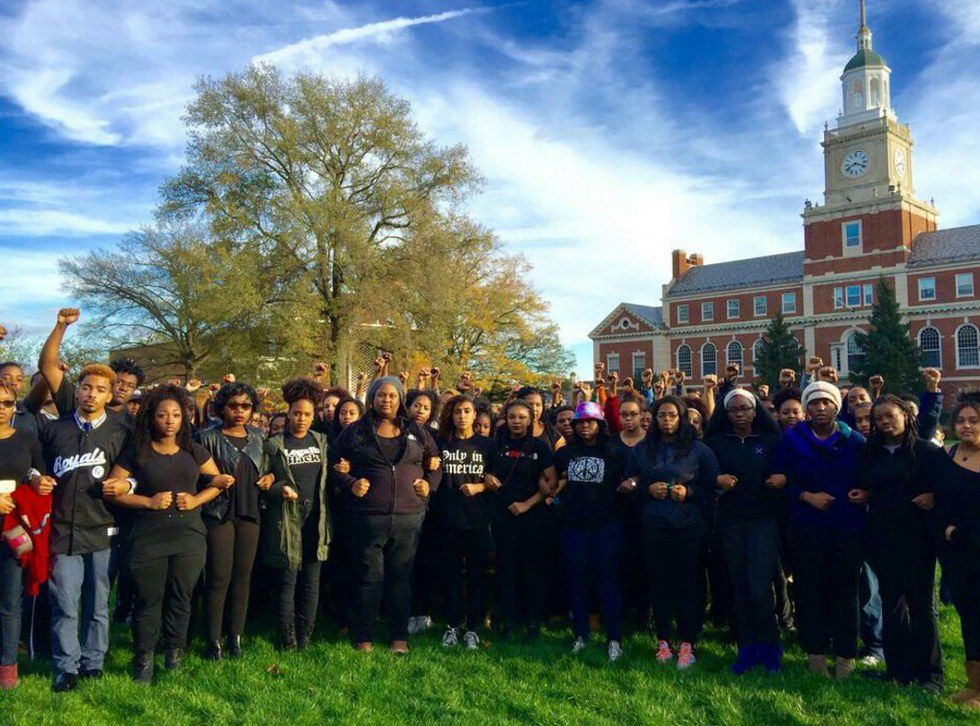On Thursday, November 12, 2015, a threat against Howard University in Washington D.C. was posted on the anonymous messaging app Yik Yak. In that letter an anonymous user, made racist threats to students and faculty at the Historically Black Univarsity. The letter stated, “I mean we might as well bend over and let the n****rs f*ck us right in the a**.” “They’re unhappy, no matter what.”
He proclaims, that good people like Missouri University's president, Timothy Wolfe, had to "suffer" because of the racial threats made at Missouri University earlier this week.
“I left MU yesterday because I didn’t want to put up with it anymore,” the commenter wrote. “I go home to MD and what do I see? The same old shit. Turn on the news and it’s always n****rs causing trouble everywhere.”
“So I’ve decided. Any n****rs left at Howard University after 10 tomorrow will be the first to go,” “And any of those cheapstake n****rs who try to get out using the metro will regret that choice real fast.” “I’ll go out a hero knowing I made the world better.”
“They were stupid to know what to do when they got freed.” “Sometimes the best thing to do is to put stupid out of its misery.” “After all, it’s not murder if they’re black.”
After the threat was made, the university informed students and class was cancelled that Thursday and reopened that Friday. In an effort to combat and pressing and future threats, the campus partnered with both the Washington D.C. Metro-Police Force and the FBI. A new list of actions to combat bomb threats by phone was also circulated on campus.
While no suspicious activity was reported on Howard's Washington campus, this incident is just one in a long line of events that has inspired discussions over race on college campuses across the country. The events at Missouri University sparked solidarity protests at Smith College, Ithaca College, and even here in the Atlanta University Center. There have also been increases in reported cases of racial discrimination at schools like Princeton University, Lewis and Clark College, and Vanderbilt University. So the question then becomes, What can be done to ensure that people of all backgrounds are able to receive an equal higher education experience? The problems on college campuses are part of a larger, nation-wide conversation about race relations that has been brewing for decades. It's is no longer enough to simply acknowledge that the crimes committed against America's people of color. There needs to be a systematic change in how people of different backgrounds interact with each other. Much like the civil rights movement 50 years ago, it seems college campuses will be the place where the new movement will take root.






















